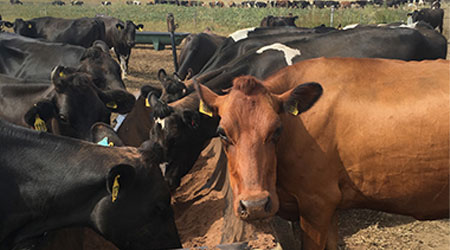Dairy Advice
PKE; Its Influence on Milk Composition
There has been a recent spotlight on palm kernel extract (PKE) and the influence it has on milk composition. This has resulted in the new Fat Evaluation Index (FEI). Essentially PKE contains certain types of fats that limits what that milk can be used for in terms of final product, such as butter. When feeding approximately 3kgDM of PKE or more, the fats within PKE can reduce the quality of the products that can be made from milk. Needless to say we are becoming more reliant on what feeds we can use to complement the grass, raise our milk production and milk fat % and as a result PKE has become more common as part of the diet offering. But how does this affect the FEI and what other options are available to promote milk production without increasing FEI levels?
Why do the nutritional specs vary for PKE?
What is FEI and how is it influenced by PKE?
What are some on farm options?
What feeds do SealesWinlsow supply that are PKE free?
Why choose pellets to fill the gap?
Feeds are commonly chosen for dry matter, energy and other nutritional attributes but what about how digestible it is? Pellets have a high digestibility. This is due to the selected raw materials but also the processing of them. The combination of heat, moisture and pressure cause the grains to gelatinise. This partial cooking process increases the digestibility, similar to popcorn before and after cooking. Before cooking, the corn has a hard exterior, some of the inside of the grain is digestible if consumed, however not all of it is available. After cooking, the heat increases the digestibility.
Pellets have low dust levels and have a high utilisation; they can also have minerals and additives added according to what your herd needs.
For more information contact your local SealesWinslow representative or call our customer service team on 0800 287 325


